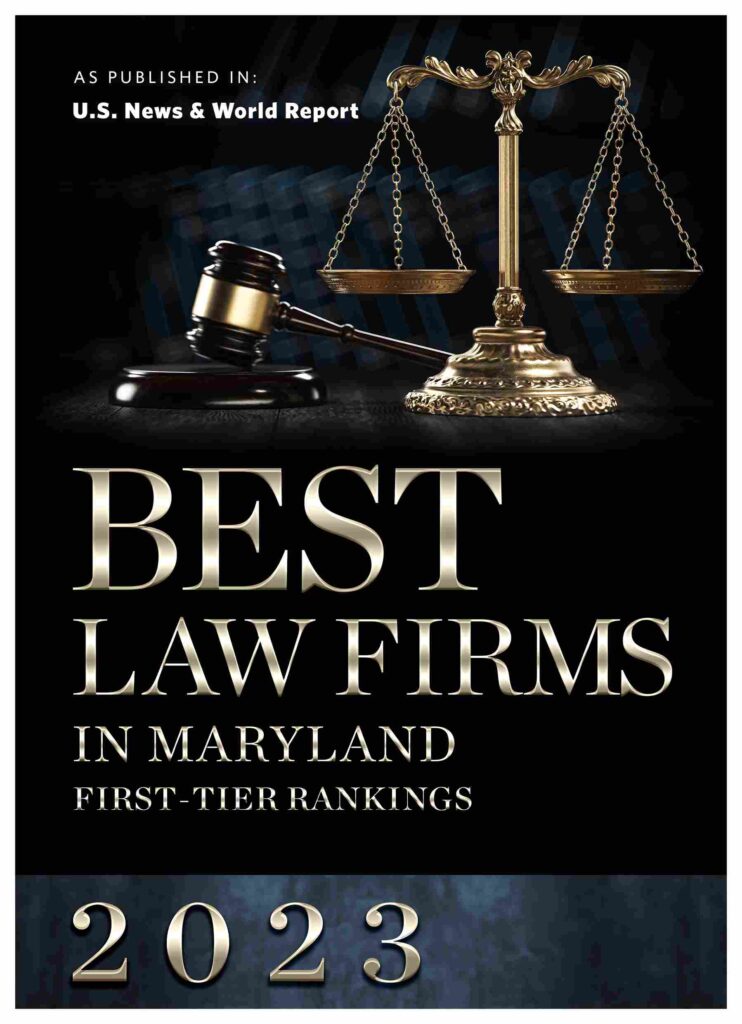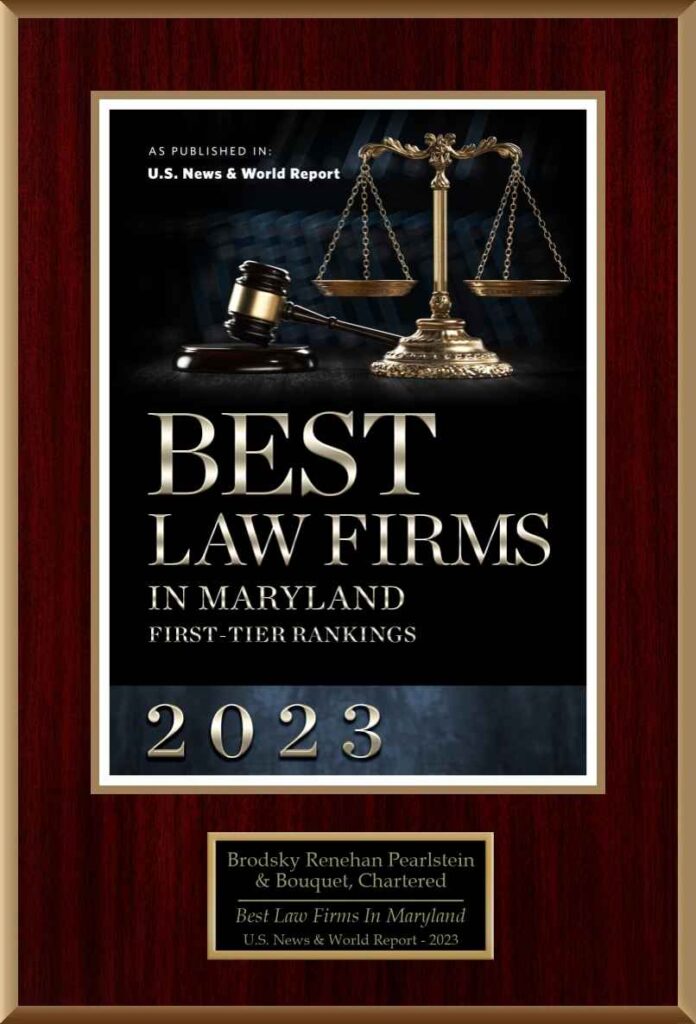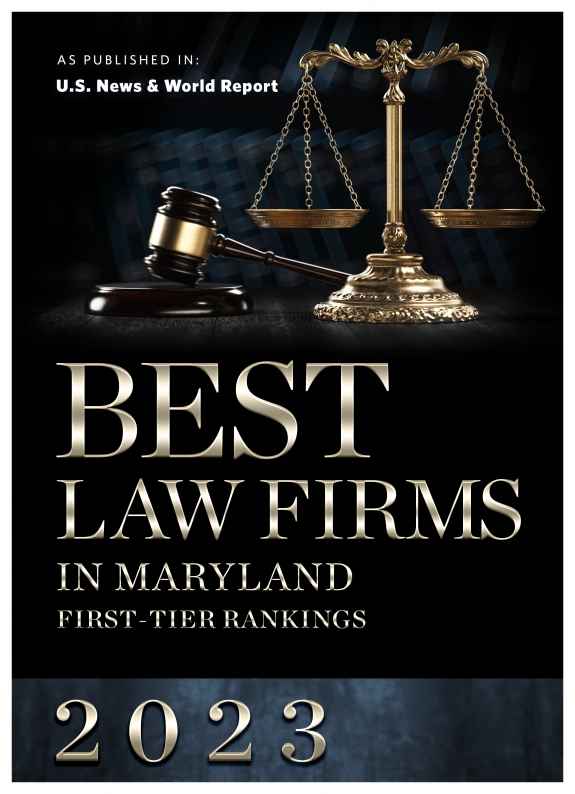Litigation in family law cases often involves expert testimony. Expert testimony can be important to establish facts that affect the amount and duration of alimony. For example, when alimony involves a medical claim a doctor or medical professional may offer important testimony. The matter of expert testimony in Maryland alimony cases has recently come into focus in two appellate decisions.
As this blog post’s title implies the question we are addressing is the use of expert testimony in a Maryland alimony proceeding to prove or disprove claims of disability or a level of expected income. The answer to whether you need to hire an expert depends on many factors. Two recent cases from the Maryland Court of Special Appeals specifically explored the issue of alimony awards where no expert witnesses were called.
In Reynolds v. Reynolds, 216 Md. App. 205, 85 A.3d 350 (2014), the Appellate Court held that because the husband had not introduced any recent evidence of income earned or expert witness testimony supporting his claim that the wife could earn between $30,000.00 and $40,000.00 per year, that no income would be imputed to the wife for purposes of establishing alimony. The wife testified that although she did have a law degree and a second post-graduate degree from Yale, she had not worked outside of the home for approximately twenty years and she suffered from health problems and advanced age which limited her employment prospects. After hearing the husband’s attorney’s argument that based upon the wife’s educational background, the court should attribute to the wife an ability to earn at a minimum of $30,000.00 to $40,000.00 per year, the trial court declined to attribute any income to the wife, and awarded her alimony of $14,000.00 per month. This finding was sustained by the Appellate Court. Had the husband called a vocational rehabilitative expert witness to testify that the wife could earn a range of income as the husband’s counsel argued, the court may well have attributed income to the wife, thus affecting the alimony outcome in this case.
In Hiltz v. Hiltz, 213 Md. 317, 73 A.3d 1199 (2013), the Appellate Court reversed the trial court’s alimony award where the wife testified that she suffered from and was on medication for fibromyalgia and that she suffered from back pain and depression. Due to her illnesses, the wife stopped working during the marriage and the husband recommended that she apply for Social Security disability, which she was awarded. At trial, the Social Security Disability letters indicating an award of benefits was introduced by the wife as evidence of her inability to work. The wife testified to her illness as well, but no medical or vocational rehabilitative expert witnesses were called by either party. The trial court granted the wife indefinite alimony. The Appellate Court overturned the trial court’s alimony award, finding that the wife’s testimony coupled with the Social Security Disability letters were not sufficient to make a prima facie case that the wife was unable to work. The Appellate Court instructed that the wife needed to submit evidence corroborating a complete inability to work, such as expert testify or medical records showing that she could not work.
What can be learned from these two cases? Neither case provides a clear guideline as to what is necessary to prove an inability to work, and thus a need for indefinite alimony or what evidence is necessary to have the court attribute an amount of income to the non-working spouse. Further, there is no clear direction as to who has to prove such an inability to work and whether or not expert witnesses need to be brought into every alimony case.
The best practice is to ensure you have substantial direct evidence to support your position in each case. If a party claims that he or she is not be able to work and requires alimony, it would make sense go into detail about their illness and the specific symptoms of the illness and how the symptoms affect their daily activities. Testimony such as “I have migraine headaches twice a month on the average and the pain on a scale of one to ten is a ten and it begins behind my right eye and radiates up my forehead and to the back of my head and is often coupled with nausea, resulting in my having to go to bed for at least a full day with no lights on and no noise and the medication I take has almost no affect for at least the first 12 hours…” is more effective than simply that “I suffer from migraine’s headaches”.
It is a good idea to offer specific medical information, such as the doctors visited, the frequency of the visits, the conditions for which they are or have been under treatment, medications taken and how effective or ineffective the medications have been. Medical records and evidence of expenditures for medical care should also be introduced as exhibits. Third-party witnesses should be called to testify as to their observations of the person and the resultant effect of the medical condition on his or her daily life. If at any point during the marriage or the after the parties’ separation, the opposing spouse admitted to or acknowledged the medical conditions, this should be brought to the Court’s attention.
One piece of advice we can take away from the Reynolds and the Hiltz cases is: hire an expert witness! If your position is that a medical condition limits the duration or type work that you can earn, a doctor or a rehabilitation expert can support your position. In cases where the issue might not be your ability to work, but rather what jobs are available to you due to the medical condition, or lack of recent work experience then it is critical that a rehabilitation expert testify as to what you can earn. The Appellate Court in Reynolds made it clear that without a recent history of earnings or such expert testimony, the trial court cannot presume a number or accept argument on the part of spouses’ counsel as what can be earned. The bottom line is that Reynolds and Hiltz both seem to lean towards requiring experts since the Court cannot simply presume any earning number absent direct testimony.
Another tactic which may be used is to call the treating physician to testify on the medical condition and the resultant limitations on his or her ability to work. This is especially important in cases where your testimony or that of your spouse might not be sufficient to meet the burden of proof. A hired non-treating expert physician may also be used to challenge assertions as to an inability to work.
If you are defending against an award of alimony claim, your first line of defense is testimony that contradicts the assertions being made by your spouse. In Hiltz, the husband produced evidence that despite his wife’s history of fibromyalgia, she managed her pain through the use of prescription medications and she lived a fairly active lifestyle, enjoying fitness and the outdoors by hiking, swimming and using exercise videos. Further, the wife was actively involved with the parties’ children, even taking their son to play laser tag. Defending against a claim that your spouse cannot work due to a medical condition, your Maryland family law attorney should be sure to emphasize to the Court that certain treatment for the medical condition controls the symptoms which allows for an ability to work. If there is a real issue as to the extent of your spouse’s medical condition or the affect that it has on the ability to work, you need to have an “IME” (Independent Medical Exam) conducted under the Maryland Rules by an expert of your choice and you can obtain your spouse’s complete medical records under a document request or document deposition to challenge the condition or the effect on employment directly.
Regardless of whether you are pursing alimony or contesting alimony in Maryland on medical grounds, the Courts have made it clear with both the Reynolds and Hiltz cases that expert testimony is usually a good thing. Of course, you should discuss the matter with a qualified Maryland divorce or family law attorney and follow their advice. But, at the least, understanding the role and use of an expert witness as well as the alternatives to calling an expert is important so you can properly inform your attorney of any concerns or information you might have related to your proceeding.






